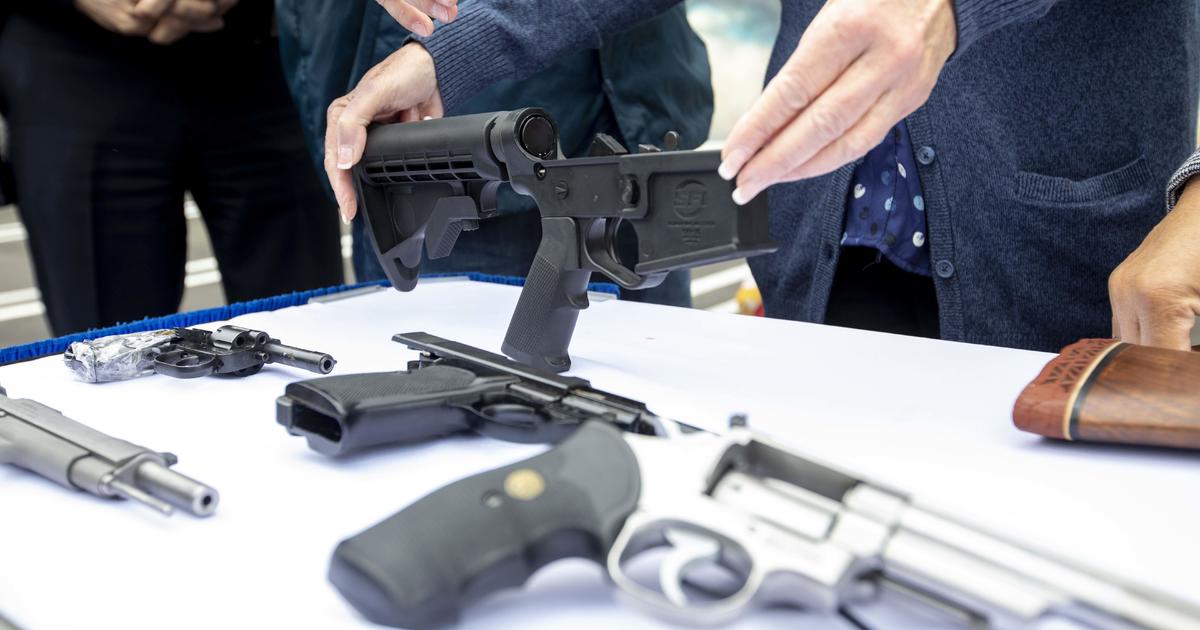The Route 91 Harvest Music Festival in Las Vegas had become an annual tradition for Geena Marano Springmann. In 2017, while singer Jason Aldean was performing at the festival, gunshots rang out, causing chaos and panic among attendees. Springmann and her sister Marisa Marano sought shelter and eventually ran to a nearby casino. The massacre left 58 people dead and around 500 wounded, making it the deadliest mass shooting in modern U.S. history. This event led to federal action being taken to ban bump stocks, devices that allowed the gunman to fire rapidly.
The gunman in the Las Vegas shooting had used semi-automatic weapons equipped with bump stocks, enabling him to fire up to 1,000 rounds of ammunition in a short amount of time. Following the shooting, President Donald Trump’s administration moved quickly to ban bump stocks by clarifying that they are considered “machine guns” under federal law. This ban is now being reviewed by the Supreme Court, with arguments set to be heard in a challenge brought in Texas in 2019.
Geena Marano Springmann, a survivor of the Las Vegas shooting, has spoken out about the impact of bump stocks and assault weapons. She emphasized the devastation and horror caused by these devices and weapons, expressing a desire to prevent others from experiencing similar trauma. Springmann’s personal experience during the shooting has motivated her to advocate for stricter gun control measures, including a ban on bump stocks.
A bump stock is an attachment that can be added to a semi-automatic rifle, allowing it to fire more rapidly than with a standard stock. By replacing the gun’s rear portion with a bump stock, the shooter can maintain pressure on the trigger to fire rounds quickly. This device essentially turns a semi-automatic weapon into a machine gun, enabling rapid and continuous firing. The functionality of bump stocks was a key factor in the high casualty count during the Las Vegas shooting.
The Supreme Court case, known as Garland v. …, will address the legality of the bump stock ban and its classification as a machine gun under federal law. The case has drawn interest from various organizations on both sides of the gun rights debate, with implications for future gun control measures in the United States. The outcome of this case could have a significant impact on the regulation of firearms and accessories, potentially influencing efforts to prevent mass shootings and enhance public safety.









